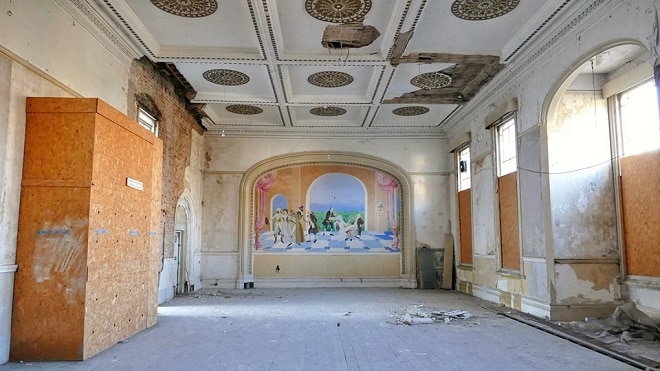
A project to save Pugin’s Grade II listed Granville Hotel in Ramsgate from obscurity and create refurbished spaces for exhibitions, community events and conferences has been put on hold by Ramsgate community interest company Heritage Lab.
Heritage Lab has a legal agreement with the owner to buy the 999-year leasehold to the seafront Granville Bars. It had a year to raise the £485,000 needed to complete the deal but this runs out this month.
The original hotel bedrooms have long been converted for private residential use and did not form part of the project.
The aim was to create a creative hub and events space called Pugin’s Studios.
But the pandemic means grants for capital projects have dried up, meaning the scheme can not go ahead at this time.

Rob Kenyon, CEO and founder of Heritage Lab CIC, said: ““We’ve had amazing support from the local community and our partners. With their help we had completed our exciting plans, designs, branding and business case in time to start applying for the necessary grants to make this happen. We had even begun to secure interest from tenants and operators.
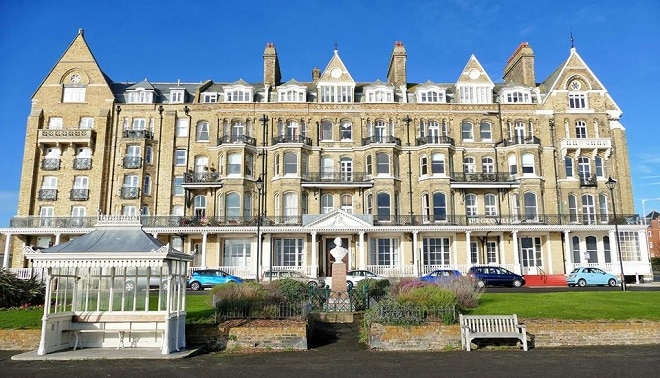
“Sadly, this coincided exactly with the start of the pandemic shut down and nearly all of the funders we had approached stopped supporting new capital projects almost overnight. Whilst we are delighted that funders have directed their resources to supporting existing projects and artists, this has been a massive blow for our project, which relied on being able to attract significant grants to make the business case stack up.”
“We are devastated for all our fabulous volunteers who have put in so much time and energy into the project. We have approached the owner to ask for an extension to our agreement because we still believe that the project is viable in the long term, and that without Covid the scheme could have been starting as soon as Easter 2021.”
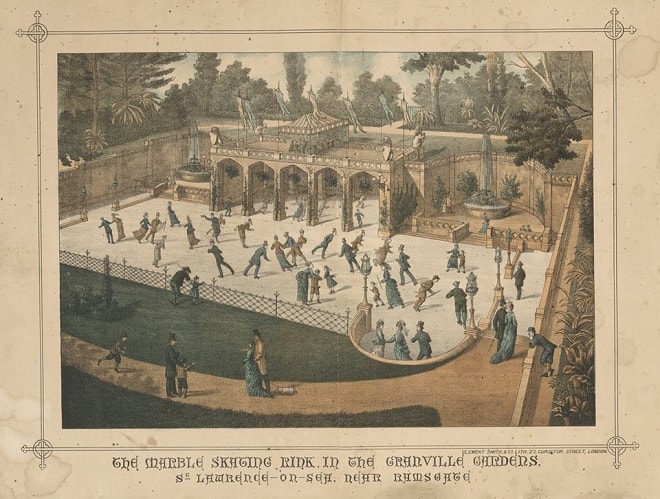
Heritage Lab will concentrate on other projects in Ramsgate.
The property was designed and built in 1867 by Edward Welby Pugin.
Once a major Ramsgate and UK landmark, the treasures behind its boarded-up façade have been hidden for some 30 years. All that remains internally of its glorious past is a sequence of spectacular, yet derelict, sea facing public rooms.
Regularly visited by princes and princesses, grand dukes, lords & ladies, writers, actors and the rich and famous from all over Europe, the Granville Hotel guest list represents a “who’s who” of the late 19th and early 20th centuries.
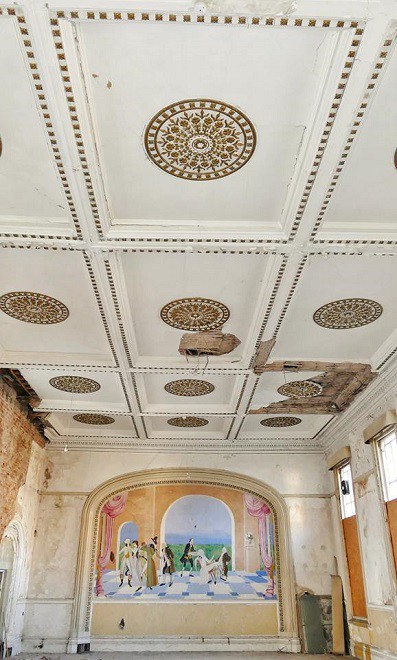
With 26 spas and baths, a marble skating ring, theatre and ballroom, it was the premier destination of its day, with guests arriving on the privately chartered first class ‘Granville Express’ train from London.
It was commandeered as a military hospital for the Canadian Government in the first World War, and medical officers who served there include the first Canadian to be awarded the Victoria Cross and a future Nobel laureate.
Later in the 20th century it was more widely known as a ballroom dancing venue and the Cave jazz club. Its public bar closed for the final time in 1991.
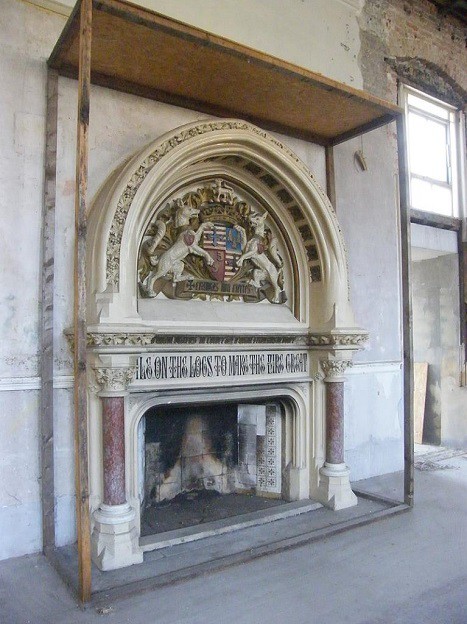
Edward Welby Pugin was the eldest son of Augustus Welby Northmore Pugin, one of England’s greatest architects, who played a pioneering role in the Gothic revival style of architecture in the early part of the 19th century.
Edward became an acclaimed architect in his own right on taking over his father’s practice, designing and completing over 100 Catholic churches – including a number of cathedrals – across the British Isles before his early death at the age of 41.

